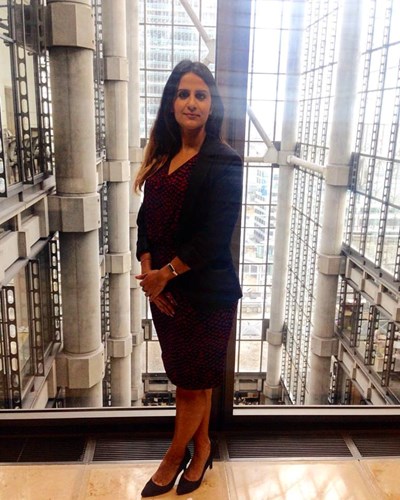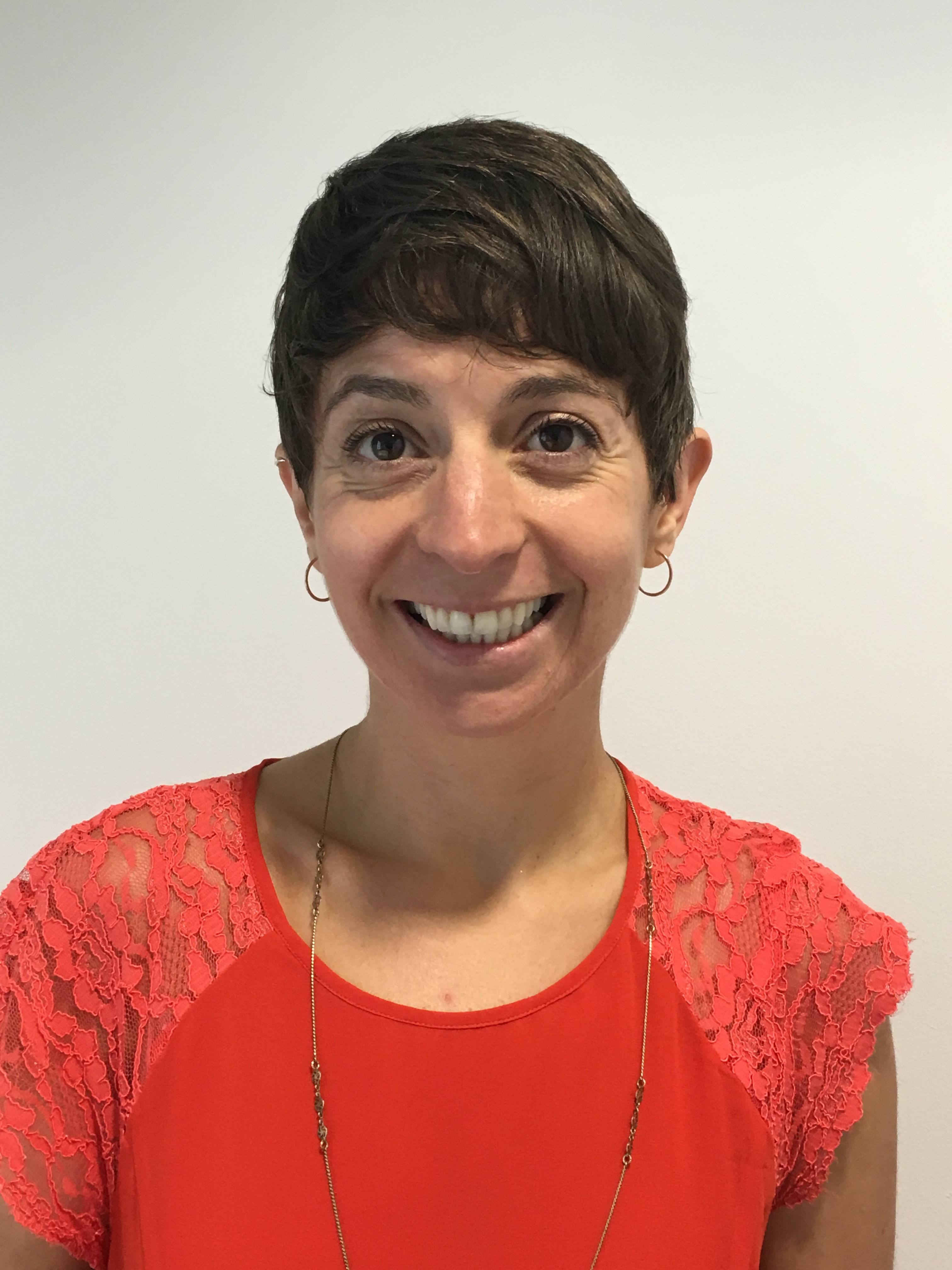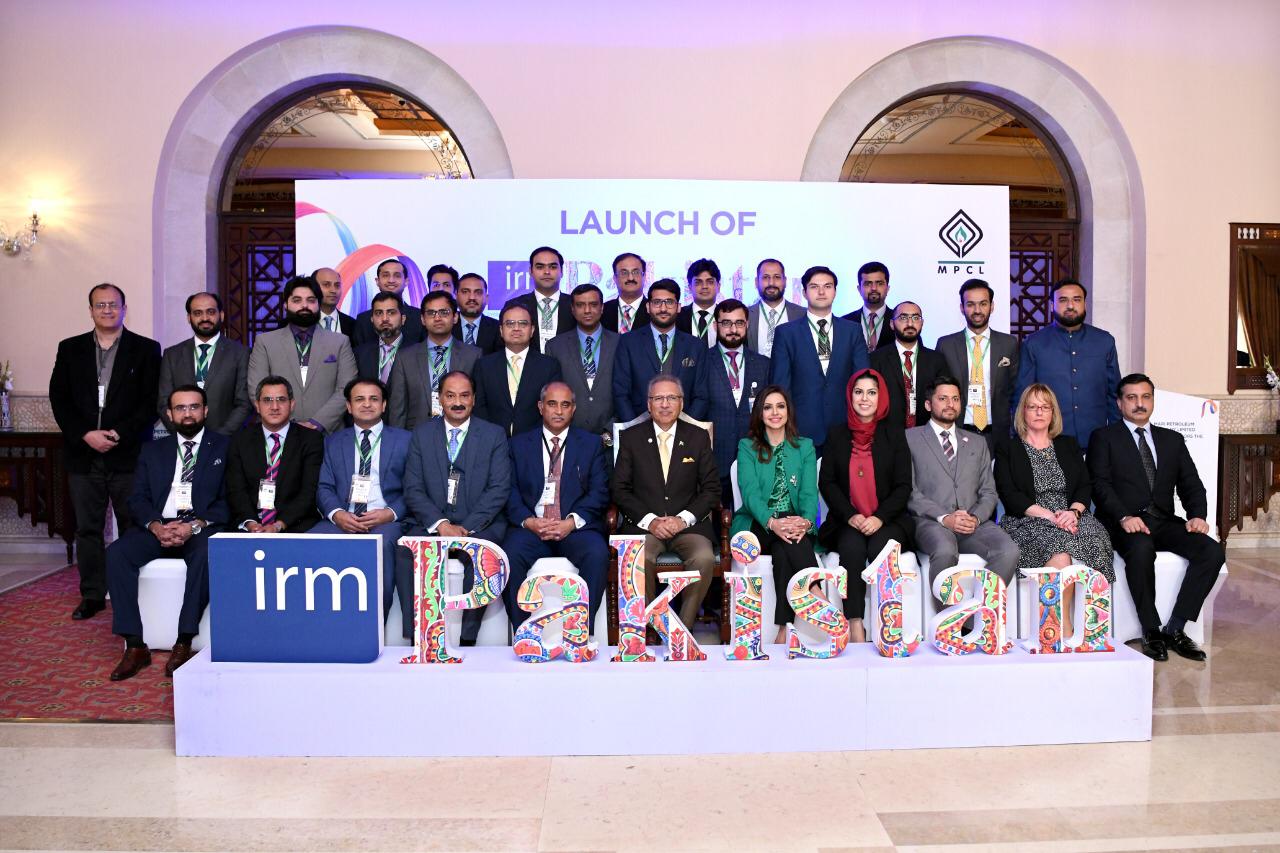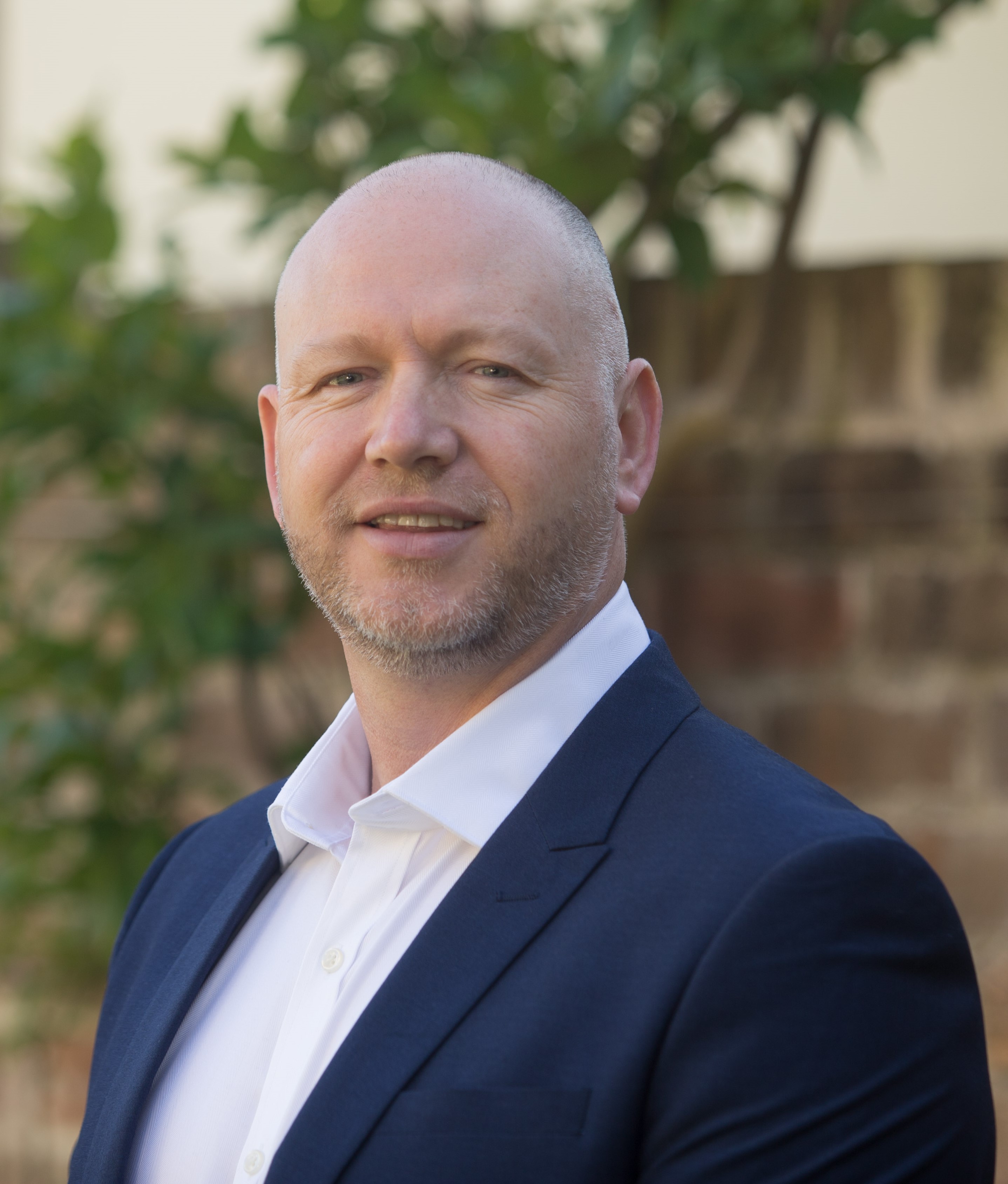Sabina Mohammed GradIRM: Risk Manager, Risk Management, MSIG Insurance (Hong Kong) Limited
Sabina Mohammed GradIRM
Risk Manager
Risk Management
MSIG Insurance (Hong Kong) Limited
How did you get your job?
I started my career in accounting, working in the insurance sector. At that time, I decided to study for CIMA (Chartered Institute of Management Accounting) and as part of my practical experience I did short-term placements around the company. The risk management function was one of them.
I spent two weeks with the group risk ream and within the first week, I knew this was the field for me. One of the main reasons I enjoyed my risk management experience was because I was able to work with peers in different departments and learn how the business, in particular Insurance worked! Within the first week I was talking to those from underwriting, reinsurance, HR or IT for instance.
After my placement finished I started to look for jobs in risk management and luckily there was an opening in the team I had done my placement! After the usual interviews etc, I got my first job in the group risk management team (with Amlin PLC, now MS Amlin) as a Risk Analyst.
From there, I moved to Lloyd’s of London, also working as a Risk Analyst but managing various insurance syndicates. This was a great experience because it helped me to get an oversight into how the syndicates managed their Risk Management and Corporate Governance Frameworks, in line with Lloyd’s minimum standards and the regulatory requirements.
After few years at Lloyd’s, I decided it was time to move on. I started to look for jobs and got approached by a consultant who was hiring for a risk manager role in Hong Kong, ‘coincidentally’ working for MSIG (part of MS Amlin, my previous employer)…there was no reason not to apply. From there, everything happened very quickly, from interviews to an offer - within two weeks I was signing the contract and in September 2016 I moved to Hong Kong. Since then I never looked back…
My first few months were spent in the regional office in Singapore. Straight away I was writing risk management policies, contributing to the regional risk management framework, building risk profiles and so on. I then returned back to the Hong Kong in January 2017 and started to build the risk management function, reporting directly to the Chief Financial Officer.
What’s a typical day?
I wouldn’t say there is a ‘typical day’ for me or even a pattern to my day! It varies almost every day and sometimes it’s different to how I had planned it to be.
Usually on a ‘typical day’, there is a lot of interaction with fellow colleagues of all levels - from CEO to admin staff. There are days when the CEO may just pop over to get an update on a particular key risk, and at the same time you might be working with the reinsurance team on credit risk management, or having meetings with information security on cyber risk and preparing for board and management committees or dealing with internal audit enquires.
As a Risk Manager you have a finger in every pie…
What do you enjoy most about your job?
I enjoy the fact that as a risk manager you are required to work with different departments, understand their key responsibilities and report to management on their key risks. This really helps you to know the business well.
I also enjoy working with people from different levels. Sharing knowledge and expertise has been a great learning experience – as a risk manager you don’t hide behind your desk all day, you are required to be proactive and liaise with others.
I also enjoy the learning in risk management, I feel like being in risk management you never stop learning; be it part of risk management, regulatory changes, compliance, reinsurance or HR – somehow it’s all interlinked to risk management.
What are the challenges?
The main challenge for me in risk management was (and still is) convincing the first line of defence to understand the importance of risk management, its principles and needs, but more importantly requesting them to complete a risk management task on an on-going basis example a periodic report! Usually people think it’s just another Internal audit or compliance task or report…
This is particularly common in Asia, mainly because risk management is a new concept here in Asia, in particular for the insurance sector in Hong Kong. Other regions such as Malaysia, Singapore and even Thailand, or Japan are a step ahead in risk management and with the regulatory requirements – but not so much in Hong Kong.
So creating the need and urgency of risk management was quite challenging to start with but I think people are more welcoming to the idea now as the regulators have introduced some new ERM requirements and we have completed in-house training sessions on risk management etc.
In what way are your IRM qualifications relevant?
I completed the IRM diploma last year (2017), I decided to continue with IRM through all stages because of the course structure. IRM started with the basic understanding of risk management tools and techniques (Certificate level) and it then introduces you each of these tools in-depth (at Diploma level).
I found this very helpful for my current role and also previous roles because when you’re looking at building risk management framework it is essential to get the background understanding correct – and IRM helped me with this. It also introduces you to various concepts and techniques which you can always refer back to and adapt to your needs as necessary.
On various occasions, I have gone back to the IRM textbook for references, example when setting risk terminologies, or ways to facilitate a risk workshop or even different ways of developing a risk matrix.
Why did you chose IRM and how has it helped?
Because of the course structure! On numerous occasions I have referred back to the textbooks for guidance. Even now, after completing my exams, the support from IRM team is always there through the IRM forums and the members. The members are equipped with vast knowledge and industrial experience, so often you are speaking to people who have first-hand risk management experience, not to mention some of these might be qualified actuaries, accountants or come from a different background. So the access to resources, people and knowledge never stops also I felt like this was the only solid risk management qualification at a professional level.
What would you say to others thinking about joining IRM as a member?
It is definitely the perfect programme for someone who is keen on pursuing a risk management career, as it gives you an express route to qualifying as a risk professional. It offers insights into specialised topics such as risk assessments, risk treatments, future risk and crisis management, which are very useful for workplace. The quality of the course programme and material is maintained at a high level and all exams require application rather than only theory. Risk management requires the ability to be creative and to use your analytical skills when challenged or for problem solving – and I felt IRM exams and studies helped me in learn and develop this.
Also with IRM exams, I felt they actually test your knowledge rather than the usual brain-dump! Most of the exam questions for Diploma were more to do with application rather than stating theories and this was a great way of learning, as it helps you to understand the theories and also on how to apply them to different scenarios.
I would also encourage non-risk people to consider taking IRM Certificate to get familiar with risk management, because risk is not only for risk managers or risk management department. Everyone in their own jobs has the responsibility of being a risk manager.
How has your role developed and what are your career ambitions? Has being linked to the IRM helped?
Over the past 5 years my role has developed a lot in risk management development has more to do with having more responsibility, enhanced knowledge of Insurance and developing new skill set. I would like to continue working in risk management, aiming for a Head of Risk position and finally Chief Risk Officer.
The IRM definitely increased my employability - for all employers so far they are always keen and intrigued to know that I have completed IRM diploma showing dedication to my profession.
For those looking to get into risk management, my first tip will be:
Start with IRM Certificate level or IRM FoRM to get yourself familiar with the basics and also the key risk tools and techniques. If you are in financial services would recommend the International Certificate in Financial Services. The diploma is also good for those who want to enhance their understanding and application.
Secondly I would suggest not to give up on your studies. It does require a lot of reading and may seem time-consuming but it’s all worth it. I would strongly recommend to all those who started to finish as the exams are more about testing your application which will help you at work, rather than just learning particular risk concepts. Once you have the qualification, it’s a great helping tool for recruitment – you’re almost a ‘risk guru’. Also I did my IRM exams in London, Singapore and Hong Kong – so you can sit them anywhere in the world!
The path for risk management is well structured and pretty flat (well for insurance in particular). My tip is if you start as a Risk Analyst, try to get as much exposure in your role to work with different risk owners on risk assessments and also try to get an understanding of risk quantification by working with actuaries. Once you have mastered that, you can easily progress through to next stage of senior risk analyst or risk manager. Also, keep up to date with all the developments in risk management, regulators and other regions especially if you’re in Asia.







